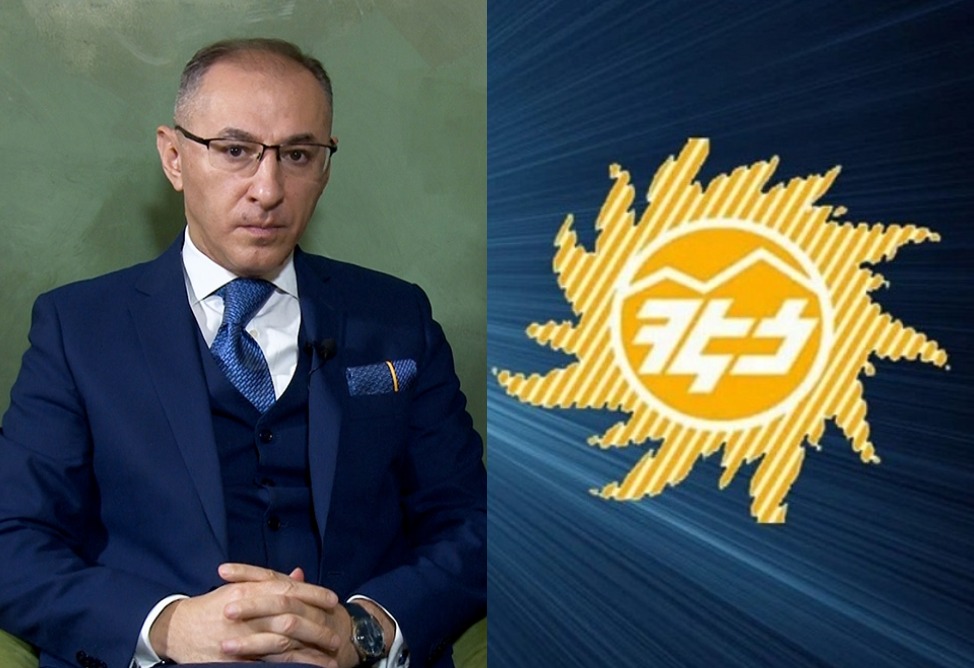Armenian ombudsman finds new bill on assemblies more comprehensible to ordinary people
10.11.2010,
02:03
Armenian Ombudsman Armen Harutyunyan finds the new bill on assemblies more clear and comprehensible not only to lawyers, but also to ordinary people
YEREVAN, November 9. /ARKA/. Armenian Ombudsman Armen Harutyunyan finds the new bill on assemblies more clear and comprehensible not only to lawyers, but also to ordinary people.
On Tuesday, speaking at the discussion on the bill, he said that the bill implies two types of assemblies.
Organizers of the first type of assemblies ought to inform appropriate institutions about their intention to stage these events, while others need no preliminary notification.
The second type of assemblies implies spontaneous assemblies with less than 100 participants.
The ombudsman said that the law currently in force gives empowered agencies room to prohibit an assembly at their own discretion, but in extreme cases.
Sometimes, several requests are received for permission to stage assemblies on the same place at the same time, and the empowered institution satisfies one of them declining others.
Unlike the present law that permits prohibition without pointing out cause of decline, the ombudsman-proposed bill demands special hearings where organizers can defend their position.
Harutyunyan said that this clearly worded bill contains necessary specifications. Its provisions are compendious.
Arthur Osikyan, Armenian deputy police chief, who took part in the discussion as well, said that his office is now implementing reformation that includes control over assemblies.
He said that the bill is far better than the law currently in force, but added that his department would present its official view later, when the bill would be put on the National Assembly’s floor.
The bill got approval also form international experts.
Evgenia Avetisova, an expert at the OSCE Office for Democratic Institutions Human Rights, welcomed the division of assemblies into two groups.
She also singled out freedom of spontaneous and urgent assemblies as positive change.
At the same time, Avetisova was unhappy about some provisions, such as ban on participation of policemen, judicial officers and servicemen in assemblies.
In her opinion, these categories have a right to participate as ordinary citizens in those assemblies not connected with their professional activities. -0---
On Tuesday, speaking at the discussion on the bill, he said that the bill implies two types of assemblies.
Organizers of the first type of assemblies ought to inform appropriate institutions about their intention to stage these events, while others need no preliminary notification.
The second type of assemblies implies spontaneous assemblies with less than 100 participants.
The ombudsman said that the law currently in force gives empowered agencies room to prohibit an assembly at their own discretion, but in extreme cases.
Sometimes, several requests are received for permission to stage assemblies on the same place at the same time, and the empowered institution satisfies one of them declining others.
Unlike the present law that permits prohibition without pointing out cause of decline, the ombudsman-proposed bill demands special hearings where organizers can defend their position.
Harutyunyan said that this clearly worded bill contains necessary specifications. Its provisions are compendious.
Arthur Osikyan, Armenian deputy police chief, who took part in the discussion as well, said that his office is now implementing reformation that includes control over assemblies.
He said that the bill is far better than the law currently in force, but added that his department would present its official view later, when the bill would be put on the National Assembly’s floor.
The bill got approval also form international experts.
Evgenia Avetisova, an expert at the OSCE Office for Democratic Institutions Human Rights, welcomed the division of assemblies into two groups.
She also singled out freedom of spontaneous and urgent assemblies as positive change.
At the same time, Avetisova was unhappy about some provisions, such as ban on participation of policemen, judicial officers and servicemen in assemblies.
In her opinion, these categories have a right to participate as ordinary citizens in those assemblies not connected with their professional activities. -0---



